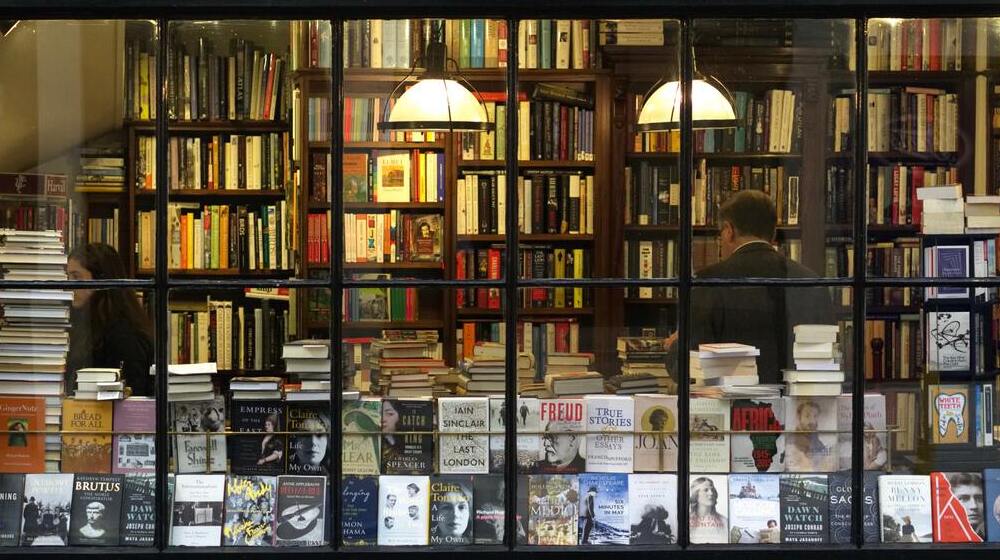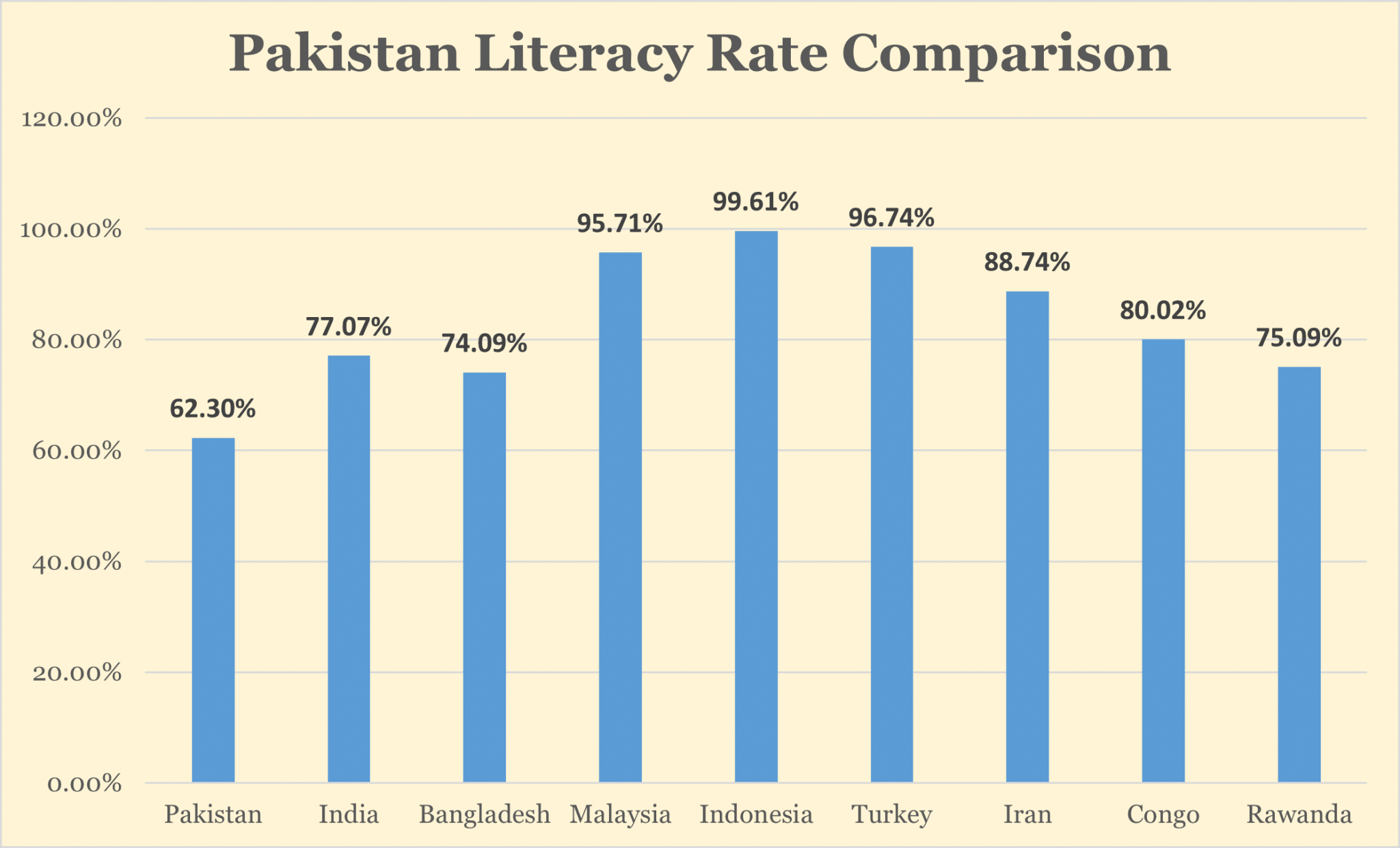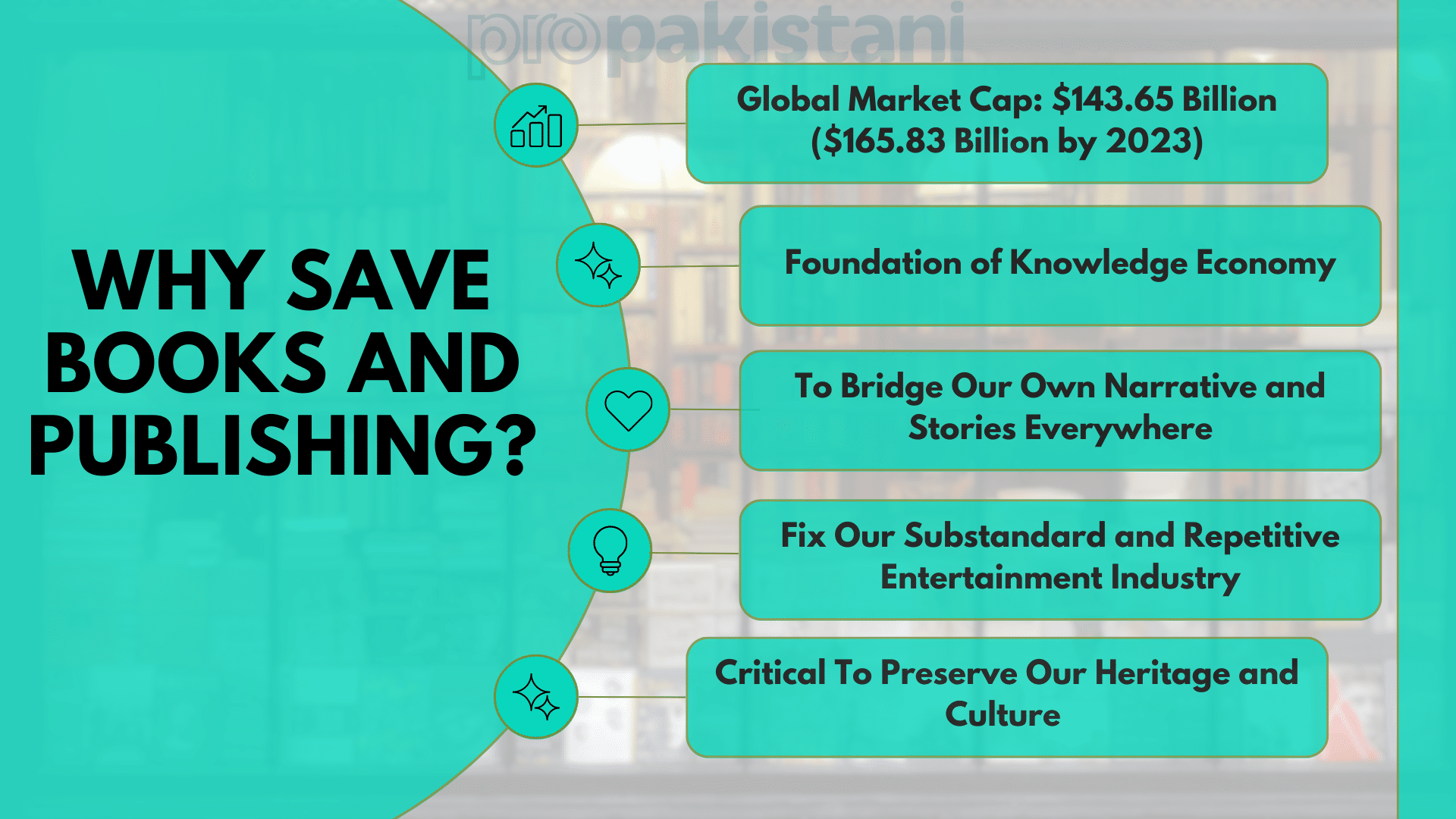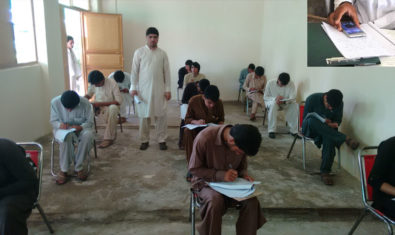As the digital revolution has altered the way we consume content, the book publishing industry in Pakistan finds itself at a crossroads, facing an uphill battle against the monopoly of a few entitled ones, a shrinking reading community, and skyrocketing inflation.
Can a new-age startup and fresh ideas rescue the dying publishing industry? We better hope!
The traditional publishing model in Pakistan was working pretty fine before the internet and social media with books being the sole source of personal entertainment. There was a network of public libraries and small shops lending books and magazines and all of these used to work successfully in local communities.
2000-2005 was a reforming era in Pakistan as internet penetration changed public behaviors. The readership shifted online as it got access to tons of content and PDFs for free and all of it ended up plummeting the margins of traditional publishers.
Publishers in Pakistan were sloppy and failed to digitize while ISBN Pakistan still lacks the digital record of all the publishers in Pakistan and everything is still done in hard form if someone wants to register a new book for ISBN i.e., filling and submitting the forms.
In contrast to general perception, the book publishing industry is growing globally, the global publishing revenue has jumped to $129 billion in 2023 from $122 billion in 2018 and the market cap stands at $143.65 billion and will be valued at $163.89 billion by 2030.
Top three biggest publication houses in the world i.e., HarperCollins, Simon Schuster and Penguin Random House have their regional chapters in India and that creates a lot of problems for our authors given strained bilateral ties”, stated Hassan Saeed at Bookay, a growing online community of book readers with 15,000 members.
He added that in case an author gets published somehow there, the trade bans often make it impossible for authors to get the books here and since they have an agreement with that publisher, authors have to buy out their contracts by returning the advance.
Nearly 90 percent of publishing is limited to academics and textbooks, and there is very little research work or fiction which is limited to a few new indie publishers where likes of Readings and Liberty are doing good work but it’s not enough.
Internationally, all publishers give submission calls annually and writers send their book proposals. Publishers also have to hire agents with literature degrees who are responsible for bringing best-selling authors and content to ensure sales. But in Pakistan, it’s nothing like that.
How Daastan started?
When I started exploring this space in 2010-11 to publish my novel after an engineering degree, it was considered next to impossible for a new author to get published unless you had a literature degree with an influence in literary circles” stated Syed Ommer Amer, founder of Daastan.
He added that for traditional publishing in Pakistan, one has to be either really famous, a bureaucrat & politician or has to have a connection with an already famous author while the industry is too small in comparison to the market size. He revealed that Pakistan has 3,000 publishers; India has 250,000 while the United States has 1-1.5 million.
Daastan aims to democratize publishing in Pakistan at affordable costs for the masses. It has published 500 plus books to date and is the only one to win UNESCO’s Media Information Literacy Award in Pakistan and stood out in countless notable startup competitions.
Traditional publishers other than their general flaws in Pakistan, also practice a lot of control and mold the content at their will while writers are helpless.

On the other hand, self-publishing platforms like Amazon don’t ship in Pakistan and if you get published, getting funds out of it is also a big struggle. It is too crowded, expensive and lacks credibility with no in-built marketing strategies which means writers have to do all the marketing themselves.
Daastan got shortlisted in Plan 9 Incubator in 2015 by PITB and that’s where they actually began. It has a hybrid business model which is independent and gives writers total freedom, it also provides credibility and marketing strategy like traditional publishing houses.
Daastan has changed its business models multiple times. They started with free publishing but it was unsustainable. Currently, users have to purchase a one-year membership for Rs. 5,000 and then they upload the manuscripts which after evaluation for possible plagiarism, it is sent for editing, book cover and PDF production.
If you only publish the e-book and can do the rest yourself, you can get it done with Daastan for under Rs. 10,000 but if you want to get into the printing and rest of the services then the minimum budget will be 100k but Amer said that their prices are flexible and not paid all upfront but as you avail the specific service.
It also runs hundred days of marketing and generally specializes in low-volume publishing. Amer claimed that traditional players are unable to compete with them because their big machines can’t print less than a thousand copies at once. However, there are other challenges dragging it down!
Challenges
“Paper prices have increased four times during last year and this inflation has been the biggest challenge. We use high-quality paper and other imported raw materials since the low-quality local paper is associated with pirated books” pointed out Amer.
He added that making publishing and sharing stories accessible for everyone is their whole organizational motto and if they also start charging premium pricing like other publishers then there won’t be any difference between us and them.
Reading communities in Pakistan are shrinking and it has its reasons. Pakistan has the lowest literacy rate of 62.3 percent in the region, even lower than some African country’s five times lower GDP. More than a third of our population can’t read and the rest of them are forcibly kept limited to textbooks by our education system.
“We have gradually killed our people’s reading habits by stereotyping books as a waste of time and limiting it to academia and now the investments and interest is non-existent”, said Saeed. He said that while the number of book readers in Pakistan is a lot more than we think, it’s still nowhere near the level of a country like Pakistan.
He also pointed out that we as a nation use books for decorations by gatekeeping the public libraries and existing resources you can’t enter Jinnah Library in Lahore unless you’re a master’s degree holder or master’s student even if you have a bachelor’s which is ridiculous while some other libraries open only during the office hours so working class can’t facilitate from it.
In the United States, most public libraries in schools automatically assign their students a library card. While in Pakistan, from schools to universities and even beyond, we only discourage book reading habits in every possible way and these things have to be fostered and nurtured over generations for a visible change.
Coming back to Daastan, Amer said that they are gradually diversifying their revenue streams by focusing on mid-career professionals who can both afford and have an audience, B2B end-to-end ghostwriting and book distribution but they still need investments to get through the current inflationary period.
He claimed that he can scale it to profitability in 6-7 months but unfortunately, nobody is interested in investing in this space revenue cycles in this space are slow. He revealed that Daastan was promised funds in Idea Croron Ka which was never realized and some other investors they talked to wanted them to somehow pivot from book publishing in Pakistan which is at their core.
“With the inception of AI Generative tools, we are looking to utilize these technologies to automate the editing and designing processes for our clients and cut our services’ costs which are half of our publishing costs”, added Amer.
Considering that our ecosystem is nascent and lacks excessive capital, he proposed that Higher Education Commission (HEC) should make it mandatory for every member of literary society especially those having literature degrees to publish one book
Why it is important to save this industry?
If we intend to build our reputation as a knowledge economy, then the publishing industry sits at the very foundation of that. Our entertainment industry is fuelled by repetitive and substandard content because this space is closed for new people with high barriers to entry and few entitled ones pulling the strings and recycling their content over and over.
We have to revive this industry if we want to preserve our culture, literature and brand ourselves in any sense. Filmmakers also often avoid producing movies on Pakistan’s own unsung heroes because they don’t want to take on the cost of research on these stories but only if we could write some books on all those unwritten tales transferred from generations.
Another reason is telling our own story and narrative. Post 9-11, there were hundreds of books published maligning and declaring Pakistan as a terror state but how many Pakistani authors stood up and published our narrative? American authors can be found writing books on Pakistan without ever visiting here and that’s what happens when we fail to narrate our own story.
There are people who want to do all that, but they don’t have access to the media. While other mediums often face severe censorship in Pakistan, books are still available as purely independent and one of the most authentic mediums as they are considered a primary resource to quote in research everywhere.
Books without a doubt hold the key to igniting flames of knowledge and imagination in the hearts of future generations. They are sources of creativity and critical thinking, bridges to new worlds and ideas and connect us with our past and future. Rescuing the publishing industry and books mean preserving our heritage, stories and voices, and it should mean everything to everyone.

























No doubt paper cost is increased so publishing a book is not easy.
But the saddest thing is that when someone self published a book no one is ready to sell through its store or book shop in Pakistan.
#helpselfpublishers
Hey Mr. Bilal,
I just read your article on the current state of the publishing industry in Pakistan, and I have to say, you hit the nail on the head. It’s great to see someone addressing the alarming situation our literature and books are facing. The future looks grim, and we can’t ignore the impact it will have on our upcoming generations.
I appreciate how you covered all the key points, shedding light on the monopoly of a few and the challenges posed by inflation. It’s a tough battle indeed. The decline in reading communities and the low literacy rate in Pakistan are deeply concerning. We need to take action before it’s too late.
I’m impressed by Daastan’s efforts to democratize publishing and provide affordable options. It’s important to support initiatives like these and give voice to new authors. By preserving our literary heritage, we can shape our cultural narrative and counter the misrepresentations that exist.
Your call to revive the publishing industry resonates with me. We need to come together and find solutions. It’s not just about books; it’s about preserving our identity, fostering creativity, and inspiring critical thinking.
Thank you for shedding light on this crucial issue. I’m inspired to contribute in any way I can to save our literary heritage and ensure a brighter future. Let’s join forces and make a difference!
Best,
Samra Rafique